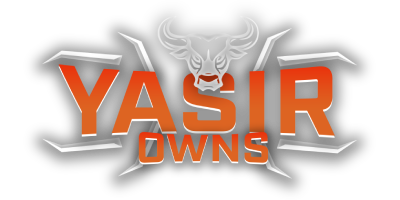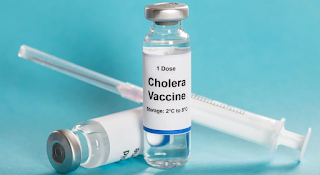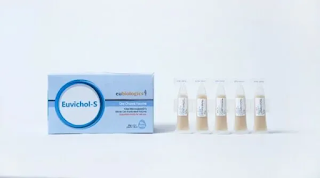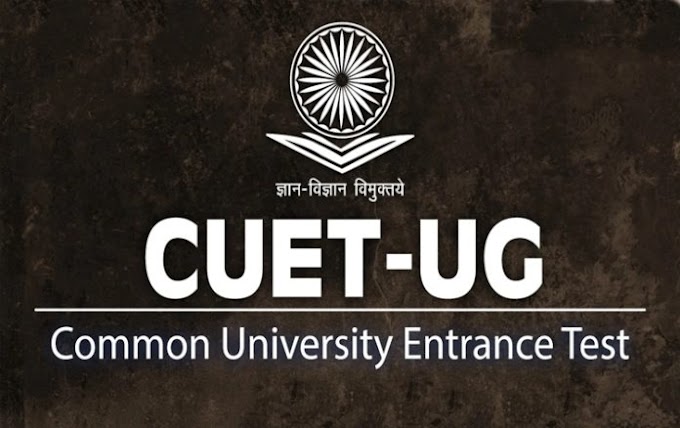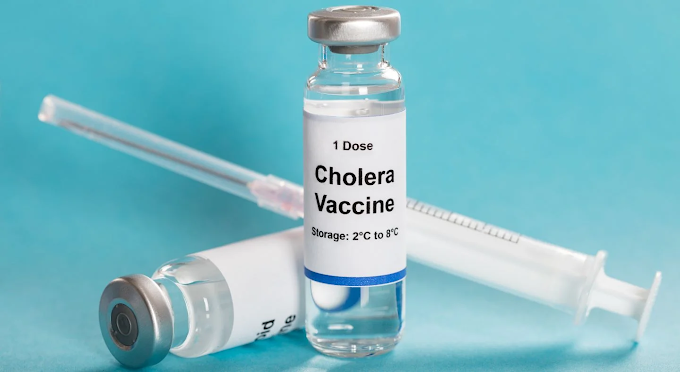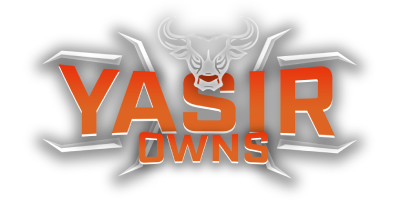New WHO-approved cholera vaccine, Euvichol-S, offers hope! Learn how it simplifies production & fights deadly outbreaks.
Introduction
Cholera cases have more than doubled in the past year, with 472,697 cases reported to the World Health Organization (WHO) in 2022, up from 223,370 in 2021. Cholera is an acute diarrheal infection caused by ingesting food or water contaminated with Vibrio cholerae. If untreated, it can lead to rapid dehydration and death within hours.
Cholera Vaccines: The Current Landscape
Vaccines play a crucial role in preventing cholera outbreaks. Currently, there are three WHO-prequalified oral cholera vaccines (OCVs): Dukoral®, Shanchol™, and Euvichol®/Euvichol‑Plus. These vaccines are administered in two doses and provide protection against cholera for several years.
The Need for a New Option
Despite the availability of vaccines, challenges such as limited stockpiles and complex production processes have hindered the fight against cholera. The recent depletion of vaccine stockpiles due to increased outbreaks has underscored the need for a new vaccine option.
Introducing Euvichol-S: A Game Changer?
The WHO has prequalified a new oral cholera vaccine, Euvichol-S, developed by EuBiologics and IVI. This vaccine boasts a simplified formula that improves productivity by about 40 percent over its predecessor, Euvichol-Plus®, and has shown similar efficacy in a Phase 3 clinical trial. Euvichol-S's faster production potential is expected to ease the global vaccine supply shortage.
Impact and Future Outlook
Euvichol-S has the potential to significantly increase vaccine availability and aid in controlling cholera outbreaks. Beyond vaccination, efforts continue to improve access to clean water and sanitation, which are essential in preventing cholera.
Conclusion
The prequalification of Euvichol-S brings new hope in the fight against cholera. It is a testament to the importance of ongoing research and development in disease prevention. Staying informed about cholera and its preventive measures is crucial for global health.
Who Should Get Vaccinated?
According to WHO recommendations, those who should consider cholera vaccination include travelers to high-risk areas and populations in outbreak zones.
Frequently Asked Questions:
What is cholera?
Cholera is an acute diarrheal disease caused by the bacterium Vibrio cholerae.
What are the symptoms of cholera?
Symptoms include severe diarrhea and dehydration, which can lead to death if untreated.
How is cholera transmitted?
The disease is typically spread through contaminated food or water.
Who is most at risk for cholera?
Individuals with low immunity, such as children and the elderly, are more susceptible.
How soon can someone die from cholera after contracting it?
If untreated, a person can die within hours of contracting cholera.
What is the treatment for cholera?
Treatment includes rehydration, oral rehydration salts, and in severe cases, antibiotics.
Are antibiotics effective against cholera?
Antibiotics can be effective, but rehydration is the most important treatment.
How many people are affected by cholera annually?
WHO reports over 824,000 cholera infections and 5,900 deaths worldwide, with the highest numbers in the Middle East and Africa.
Where is cholera most common?
Cholera is most common in places with inadequate water and sanitation facilities.
What vaccinations are needed for India?
For travel to India, cholera vaccination is recommended, along with other vaccines, at least 4-6 weeks before departure.
